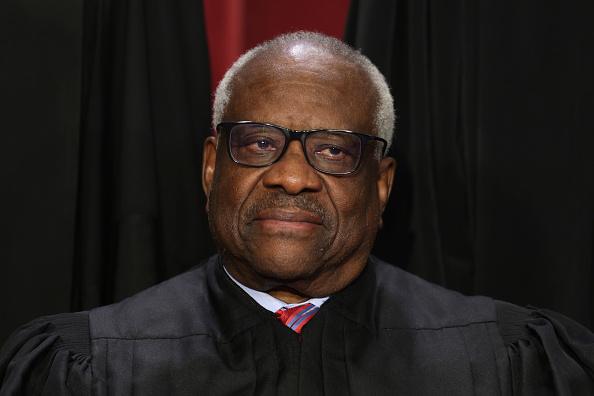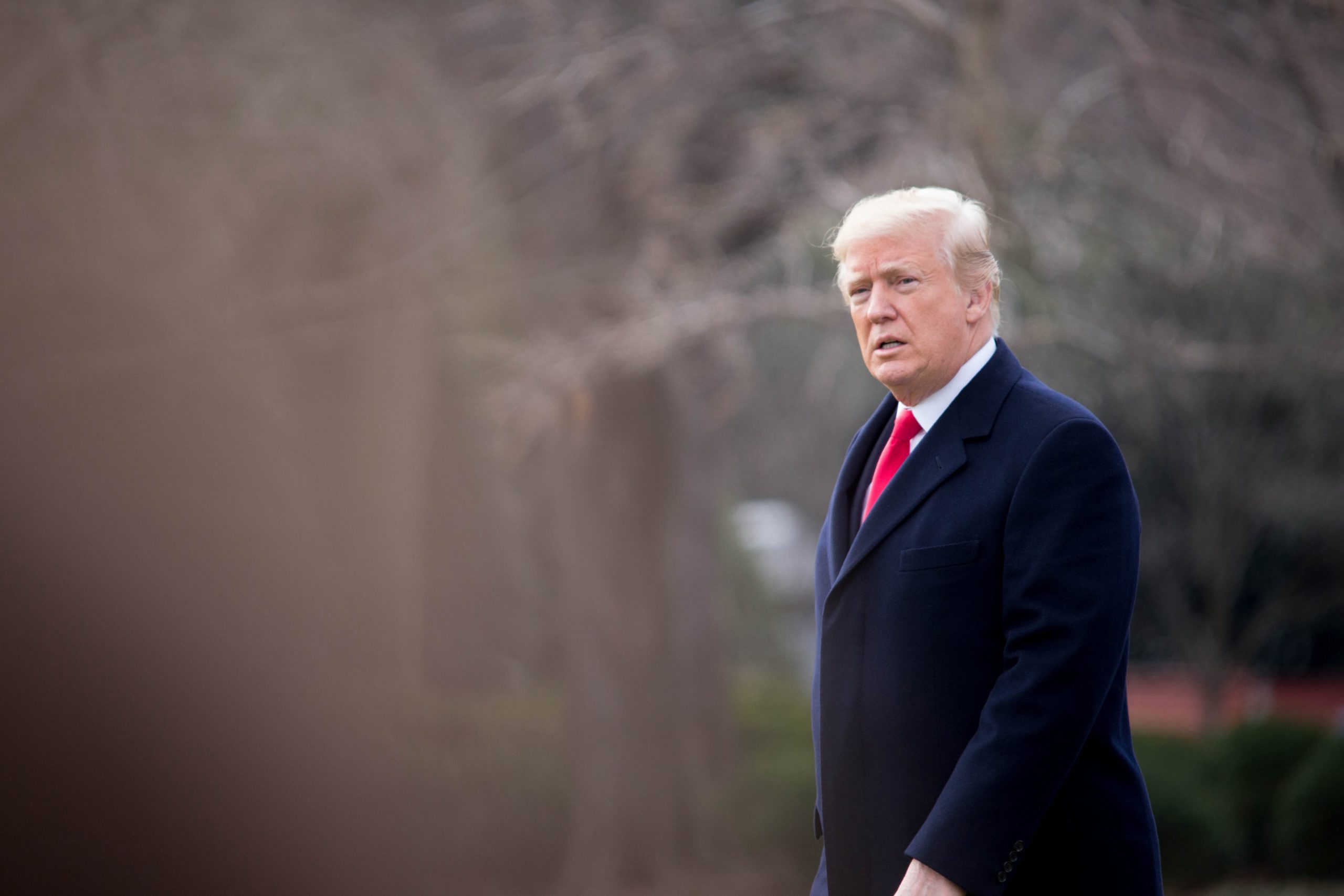Justices add two cases on liability of officials who block critics on social media
SCOTUS NEWS
on Apr 24, 2023
at 11:31 am
The Supreme Court on Monday morning agreed to weigh in on a question arising out of the widespread use of social media – specifically, whether public officials are acting as government officials, and therefore can violate the First Amendment, when they block people on their personal social media accounts that they use to communicate with the public. The announcement came as part of a list of orders released from the justices’ private conference last week, which also included the denial of several high-profile petitions for review filed by energy companies in lawsuits seeking to hold them responsible for their role in climate change.
The social-media question came to the court in two different lawsuits. One was filed against Michelle O’Connor-Ratcliff and T.J. Zane, two members of a school board in southern California who used Facebook and Twitter to communicate with the public. After O’Connor-Ratcliff and Zane blocked Christopher and Kimberly Garnier, two parents who criticized them, the Garniers went to federal court, arguing that the school board members violated their First Amendment rights by blocking them.
The lower courts agreed. The U.S. Court of Appeals for the 9th Circuit ruled that the board members’ blocking of the Garniers constitutes government action, so that the board members violated First Amendment when they blocked the parents.
O’Connor-Ratcliff and Zane came to the Supreme Court last fall, asking the justices to weigh in. They pointed to a similar case, a lawsuit filed against James Freed, the city manager of Port Huron, Michigan, in which they said the U.S. Court of Appeals for the 6th Circuit had reached a different result – a situation in which the Supreme Court is likely to intervene. In that case, Kevin Lindke, a resident of the city, didn’t approve of Freed’s handling of the COVID-19 pandemic, and left critical comments on Freed’s Facebook page. When Freed eventually blocked him, Lindke went to court, where – like the Garniers – he argued that Freed’s actions violated the First Amendment. But the 6th Circuit disagreed. It ruled that because Freed did not operate his Facebook page as part of his duties as the city manager, blocking Lindke did not violate the First Amendment.
Lindke also appealed to the Supreme Court, which on Monday agreed to take up both cases. The justices are likely to hear oral arguments in the fall, with a decision to follow sometime next year.
The petitions were not the first time that the justices had been asked to weigh in on whether government officials can block people on a personal social media account that they use to communicate with the public. In 2021, the justices considered a petition from former President Donald Trump presenting a similar issue. The case was filed by the Knight First Amendment Institute and seven individuals whom Trump blocked on Twitter after they criticized the president and his policies. The lower courts agreed with the plaintiffs that blocking them on Twitter violated the First Amendment, but the justices sent the case back to the court of appeals with instructions to dismiss the case because by then Trump was no longer president.
Justice Clarence Thomas wrote an opinion in which he agreed with the court’s disposition of the case but also emphasized that the case “highlights the principal legal difficulty that surrounds digital platforms – namely, that applying old doctrines to new digital platforms is rarely straightforward.” Thomas suggested at the time that the justices “will soon have no choice but to address how our legal doctrines apply to highly concentrated, privately owned information infrastructure such as digital platforms” – which they agreed on Monday to do in both cases.
The cases granted on Monday are not the only ones before the justices involving social media and the internet. In February, the court heard arguments in a pair of cases seeking to hold tech companies liable for user-generated content that appears on their platforms. Decisions in those cases are expected by summer. And the justices have asked the Biden administration for its views in two other cases, challenging controversial laws in Texas and Florida that seek to regulate the content-moderation policies of social-media companies.
On Monday, the justices turned down requests from energy companies to weigh in on a procedural question in a group of lawsuits seeking to hold the companies responsible for their role in climate change. One of those cases, Suncor v. Board of County Commissioners of Boulder County, was filed in 2018 against Suncor (which operates Shell and Phillips 66 in Colorado) and Exxon Mobil, alleging that the companies sold fossil fuels in Colorado, knowing it would result in climate change. The local governments that filed the lawsuit contend that their communities have experienced, and will continue to experience, the effect of climate change – including fire, flood, and drought – and that the companies should help to pay for those effects.
The local governments brought their claims in state court under state law, alleging (among other things) that the companies’ conduct constituted a public and private nuisance. Their complaint did not include any federal claims. The U.S. Court of Appeals for the 10th Circuit ruled that the case could go forward in state court, rejecting the energy companies’ efforts to move the case to federal court. Suncor and Exxon Mobil came to the Supreme Court last summer, asking the justices to review that decision on the ground that the governments’ state-law claims are actually federal claims – specifically, the federal judge-made law governing interstate pollution – that belong in federal court.
The justices asked the Biden administration for its views in the Suncor case, and in a brief filed last month the Justice Department urged the court to deny review.
Suncor punched back, accusing the federal government – which during the Trump administration had suggested in a related case that these kinds of claims are indeed federal – of “flip-flopping” and virtue-signaling. The company stressed that such an important issue, with such a significant effect on the U.S. economy, shouldn’t be left to the state courts. But that is precisely what Monday’s order in Suncor and other similar cases – B.P. v. Mayor and City Council of Baltimore, Chevron v. San Mateo County, Sunoco v. Honolulu, and Shell Oil v. Rhode Island – will do.
Justice Brett Kavanaugh indicated that he would have granted Suncor’s petition for review. Justice Samuel Alito recused himself from the votes, presumably because he owns individual stocks in some of the companies involved.
Over a dissent from the liberal justices, the court denied review in the case of a Tennessee man who is on death row for his role in the robbery and shooting deaths of two men. Kevin Burns had asked a federal court to vacate his death sentence, arguing that his lawyer should have presented evidence that he was not personally responsible for the shootings. The lower courts rejected that request, and the Supreme Court on Monday turned down his petition for review.
In a seven-page opinion joined by Justices Elena Kagan and Ketanji Brown Jackson, Justice Sonia Sotomayor argued that the court should have sent the case back for another look. Instead, she emphasized, “Burns now faces execution despite a very robust possibility that he did not shoot” the victim “but that the jurors, acting on incomplete information, sentenced him to death because they thought he had.” “The Court’s failure to act,” she continued, “is disheartening because this case reflects the kind of situation where the Court has previously found summary action appropriate.”
The justices will meet again for a private conference on Friday, April 28. Orders from that conference are expected on Monday, May 1, at 9:30 a.m.
This article was originally published at Howe on the Court.






